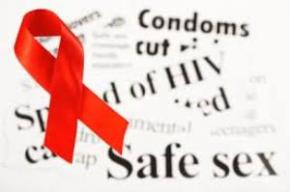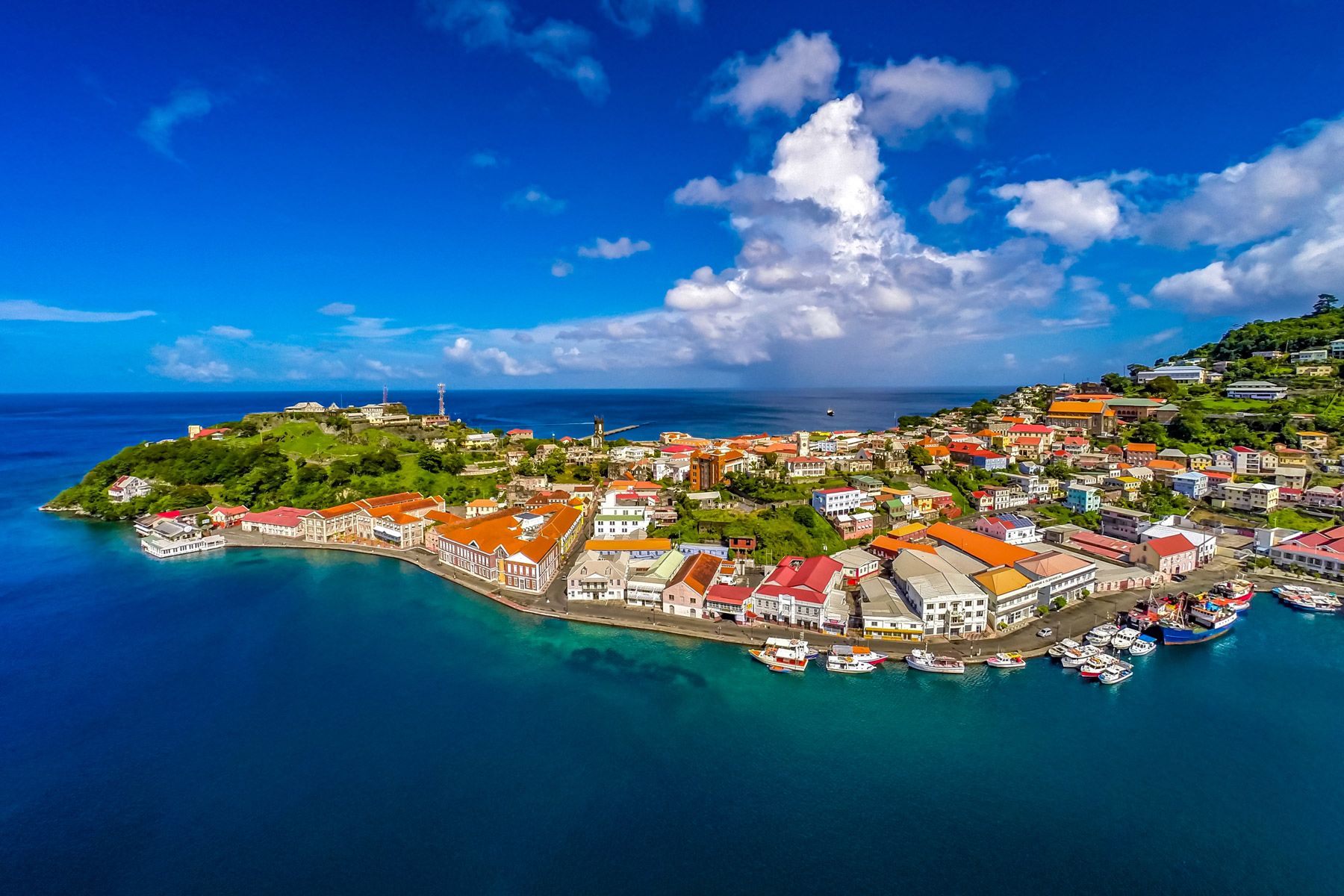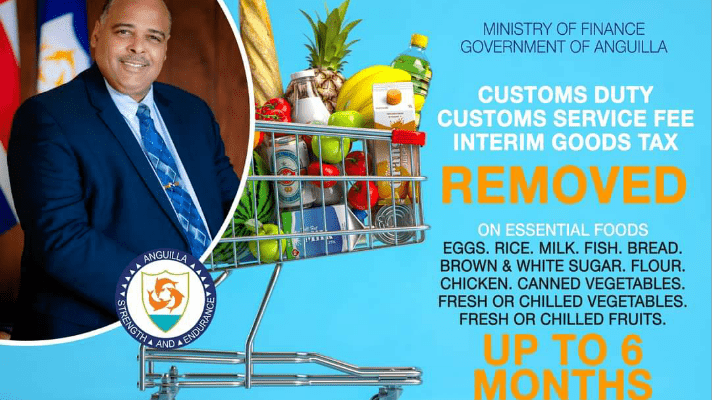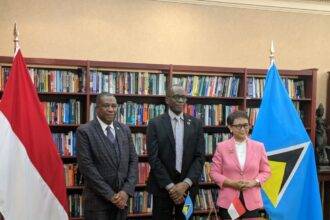Statistics from the UNAIDS Joint United Nations Programme on HIV/AIDS has revealed that more than 500 people are living with HIV and the AIDS disease in Saint Lucia, representing the second highest figure in the Eastern Caribbean.
This was revealed by Latin America and Caribbean Regional Support Team Director for UNAIDS Dr. Cesar Nuñez who provided data from the UNAIDS Caribbean Summary of the AIDS epidemic in 2015.
Dr. Nuñez revealed that St. Vincent has the highest number of people living with HIV and AIDS, as some 800 people are infected with the sexually transmitted disease.
The remaining Eastern Caribbean countries have approximately 150-300 persons living with HIV and two percent of the people living with HIV in the Caribbean reside in the Eastern Caribbean.
St. Kitts and Nevis and Dominica are closest to achieving the 90-90-90 targets, reporting fewer than 20 new HIV infections and fewer than 10 AIDS-related deaths annually over the last five years.
Through the widespread expansion of antiretroviral treatment for mothers living with HIV, there have been dramatic declines in HIV transmission to children.
Cuba led the world by becoming the first country to be validated last year by the World Health Organization as having eliminated this form of HIV transmission.
St. Lucia is the only island in the Eastern Caribbean where HIV transmission from mothers to children has not been eliminated. Countries like Barbados, Dominica and Grenada were the first set to achieve success in this area.
Meanwhile, Dr. Nuñez noted that Pre-exposure prophylaxis or PrEP—HIV drugs taken by an HIV negative person on a daily basis—dramatically reduces the chance of contracting the virus.
“The world has agreed to reach at least three million people at higher risk of HIV infection with these preventative drugs. Many Governments in our region have come onboard,” he explained.
The UNAIDS official noted that the greatest challenge is the ongoing fight to eliminate stigma and discrimination.
“Even where we have combination HIV prevention services available, too many people do not feel safe or do not have the means to access them. We have to do more to ensure that poverty, homelessness, sexual orientation, gender identity, age and migrant status do not continue to be barriers to ending AIDS in Latin America and the Caribbean.”
He said every citizen of this region has a part to play in ensuring that all people are treated with dignity and respect, regardless of difference.









